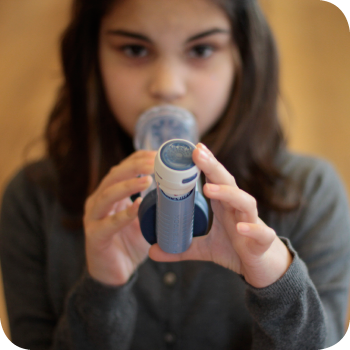What if doctors could prescribe behavior change?

Doctors have known for decades that, in order to prevent disease or its complications, they were going to have to get into people’s living rooms and convince them to change everyday behaviors that would very likely kill them.
The world urgently needs better ways to bring behavior change therapies to the masses, and advancements in digital tech are finally enabling us to orchestrate the necessary ingredients to make that happen in a clinically meaningful way: “digital therapeutics.â€
“A handful of medically-minded visionaries have put real clinical rigor into every aspect of their design. For instance, David Van Sickle, a former CDC “epidemiologist intelligence officer,†and now the CEO and Co-Founder of Propeller Health, built a GPS-enabled sensor for asthma inhalers that links to an elegantly designed app — every puff is mapped and time-stamped, allowing patients and doctors to spot patterns in ‘random’ attacks and identify previously unknown triggers.
Another example is Jenna Tregarthen, a PhD candidate in clinical psychology and eating disorder specialist. She rallied a team of engineers, entrepreneurs, and fellow psychologists to develop Recovery Record, a digital therapy that helps patients gain control over their eating disorder by enabling them to self-monitor for destructive thoughts or actions, follow meal plans, achieve behavior goals, and message a therapist instantly when they need support.”



